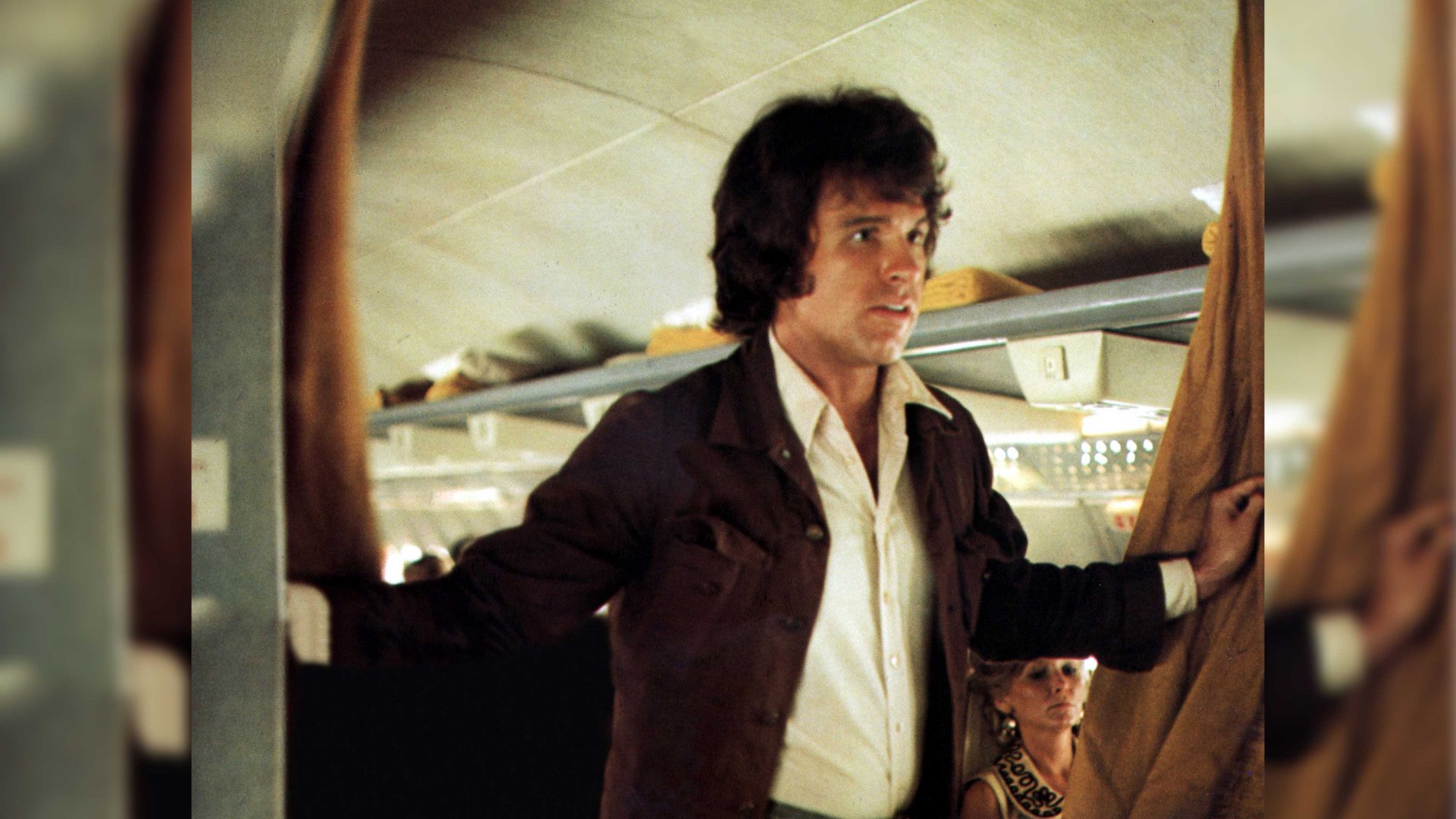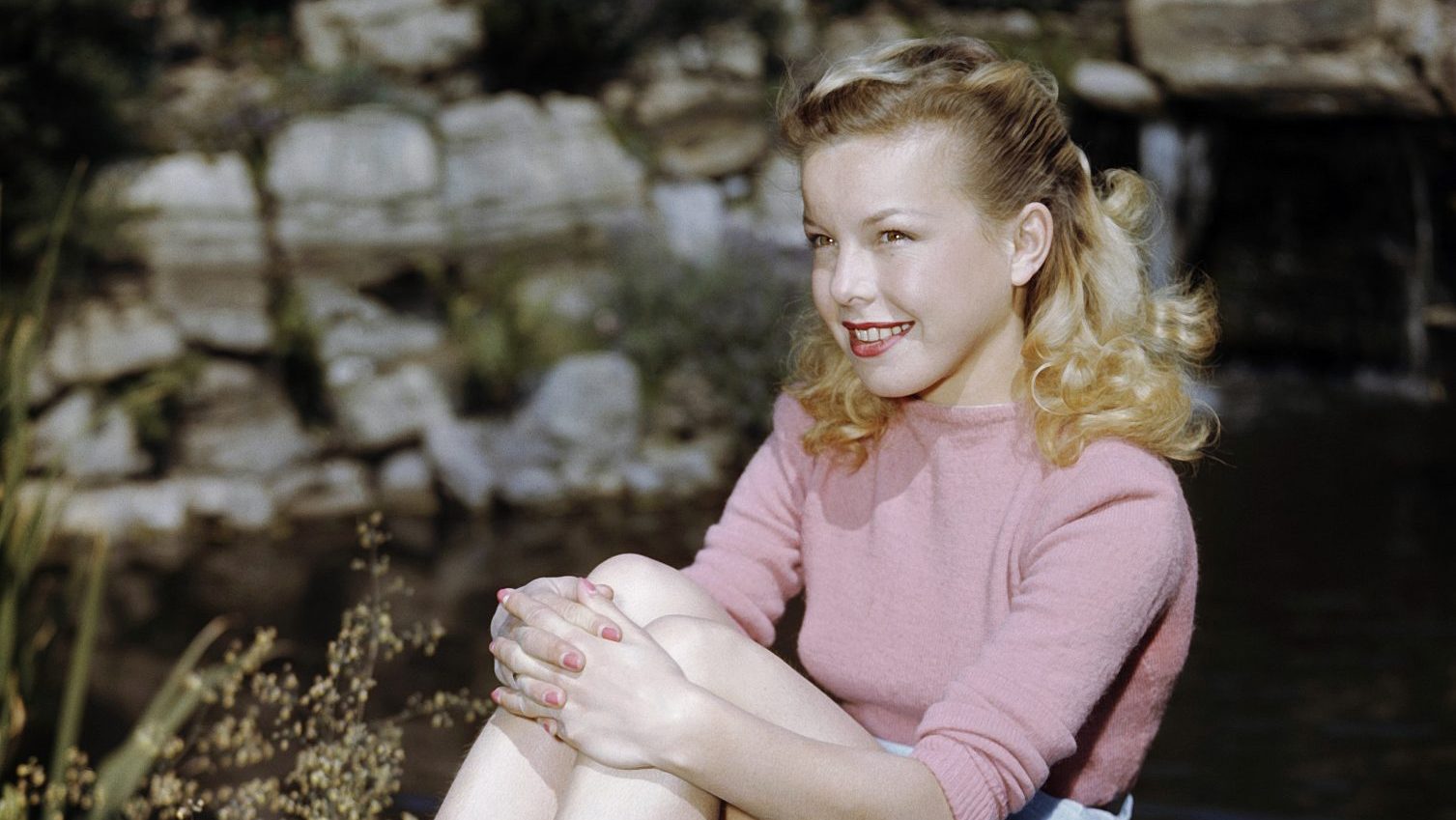America is the first nation founded on a stated ideal: that all men are created equal. Yet that statement is both an illusion and also something to be interpreted. By everyone.
It is the birthright of every American, to define America. To build it up from out of each citizen’s natural materials.
These natural materials can and do clash. This clash of American realities –true and false – can result in a desire in some for what could be called “deep correction” of the established order. And one example of deep correction is political assassination.
The cinema looks at the clash of realities that is the US – and makes movies out of it.
This process begins with that masterpiece considered destructive even in its own time, DW Griffith’s The Birth Of A Nation (1915). The depictions of African Americans in the film are atrocious, yet its innovations in movie-making cannot be denied.
What screenwriters know as the “inciting incident” in the movie is the assassination of Abraham Lincoln, interpreted in the film as a special friend of the south. This assassination still haunts America, partly because of Lincoln’s eloquence in laying out an idea of the republic in the Gettysburg Address.
All The King’s Men (1949, director Robert Rossen), based on a bestselling novel, is the story of the rise of a governor in an unnamed deep south state. Willie Stark has a big idea: that he should run his state for “the hicks”, the name that he gives the ordinary people. Yet he deals with the extraordinary people, the rich, the powerful, all in his own interests. Another character in the film has a different idea of how life should be in their state, and ends up gunning Willie down on the steps of the state capitol.
Boom! One idea replaces another by a guy who thinks that justice, that the need for deep correction, means eliminating Willie Stark.
Broderick Crawford, a bit player before this film, and Mercedes McCambridge, who went on to work with Orson Welles, are extraordinary. They both won Oscars for the movie, and no wonder. They make it seem as if we are watching a documentary.
All The King’s Men is politics as film noir and assassination its tragic and inevitably righteous ending.
Prince Of Players (1955, Philip Dunne) stars Richard Burton as Edwin Booth, the older brother of Lincoln’s assassin, John Wilkes Booth. It’s pretty dreary. The only thing that saves it is when Burton has the chance to give us a bit of Shakespeare. And the great Bernard Herrmann’s score. Burton’s Booth is haunted by his more flamboyant actor brother’s crime – by his cry as he leaps on the stage after putting a bullet into Lincoln’s brain: “Sic semper tyrannis!” (“Thus always to tyrants”!)
Then there is the JFK assassination, which happened live on lunchtime TV. The conspiracy theories began before the man was put into his grave.
The years after his murder were filled with conspiracy theories. These drove quite a few people to take matters into their own hands. Literally and figuratively. To make things right. Make things more American.
Many Americans decided that somebody hidden was running things…and they had to go.
Executive Action (1973, David Miller) is “the whole enchilada” regarding the assassination of JFK. It is also the blacklisted writer Dalton Trumbo’s last film. It blames the assassinations of Lincoln and other presidents on conspiracies. Robert Ryan plays the really bad guy. Again.
A year later came The Parallax View (1974, Alan Pakula). It is said that Donald Sutherland had come up with the idea to make the film, but moved on from the project. Warren Beatty took the lead role of a journalist, investigating the assassination of a senator. Others die too.
Beatty discovers this parallel world of a secretive corporation called Parallax, which believes that the country is going the wrong way. Their idea is quite simply to kill those whom they believe to be opponents of their idea of America: a senator; a sheriff and finally Beatty’s character himself.
Having been framed for an assassination attempt and killed, he is described in the press as having been a paranoid loner. It is an attempt to erase his existence and what he had discovered. This battle of ideas with their accompanying realities is the US. It is our conundrum.
Last week’s quiz: Rosalind Russell played Hildy Johnson – a part also played by male actors including Jack Lemmon and Pat O’Brien – in Howard Hawks’ The Front Page (1940).
This week’s quiz: Which actor (later notorious for directing his wife) appeared in two of the films above, despite hating acting?




